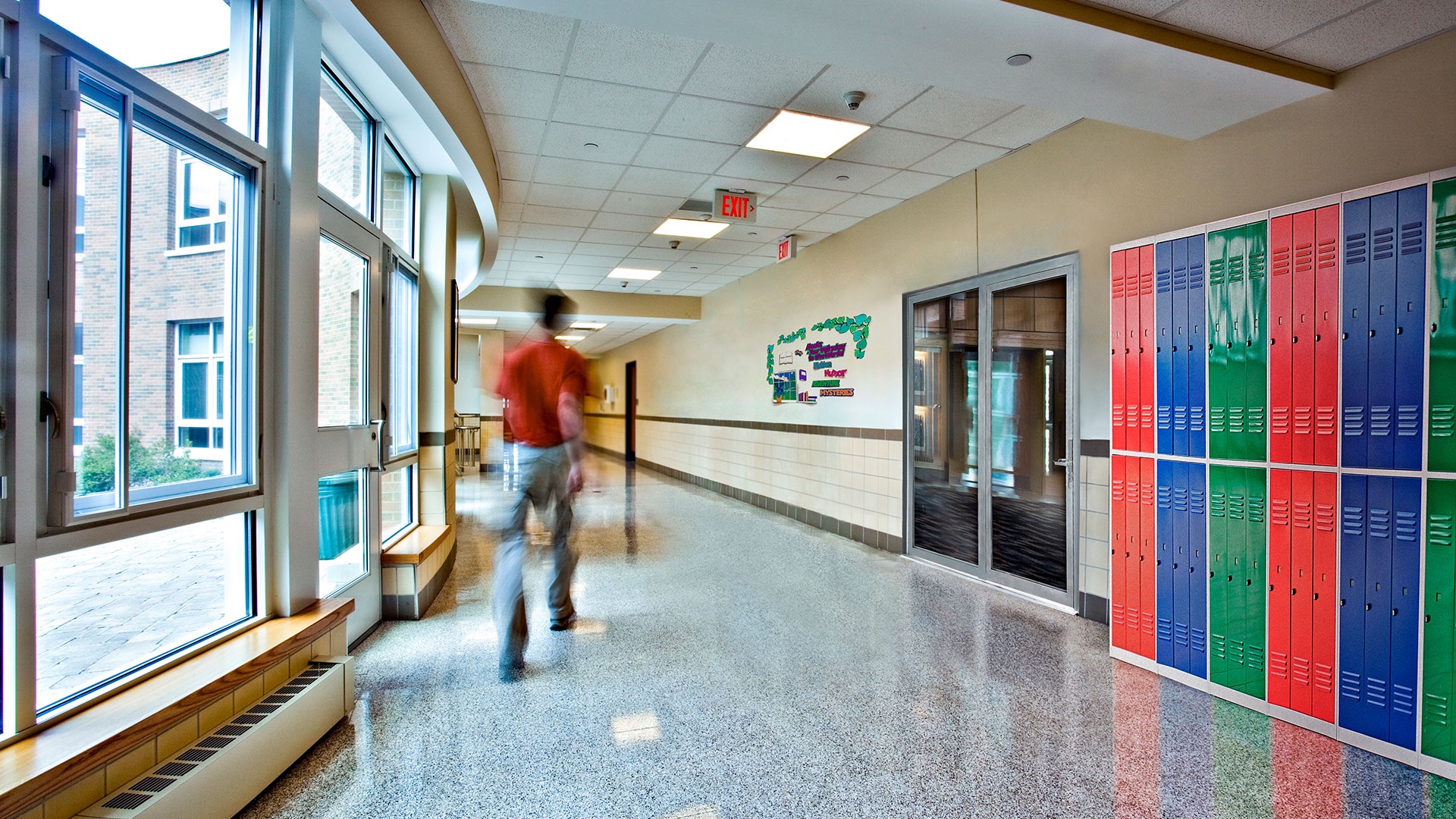Student Safety
Do students feel safe at University?
Student safety should be one of the biggest concerns for any university, but some students feel like more could be done to ensure they feel that they have a safe environment to work in.

It’s estimated that a third of UK students become a victim of crime (predominantly burglary and theft). It has been reported that about 20% of student robberies occur in the first 6 weeks of the academic year.
Most Universities offer advice and support on personal safety and taking care of your belongings, as well as how to stay safe in accommodation and ensuring it is safe and secure – but do students feel safe, especially in accommodation?
I spoke to students who live in University accommodation, and they had clear opinions on this matter:
“I don’t feel safe because our campus is open to the public, anyone can get in” said Meg, a first year student living in University halls in Devon.
“Perhaps a good idea is to have a ‘swipe card’ to have access to parts of the uni we don’t want the public on” added Eve, her roommate.
A recent Instagram poll determined that nearly 40% of students that took part didn’t feel safe at their University, mainly due to campuses being open to the public and especially at night.
Students that took part in the poll and voted “no” to feeling safe suggested higher security in and around campus, especially in poorly lit areas.
I also spoke to Georgia, a recent graduate from Plymouth Marjon University, said:
“Many universities are putting more and more in place to act on improving student safety, something that is becoming increasingly important in uk cities. Marjon, alongside many universities do this well, with schemes such as their transport partnerships with Pryzm and Need-A-Cab that get students safely to and from a night out.”
“Plymouth council have contributed to the efforts with schemes such as the Saturday night bus that will take you home across the city for just £5 a ticket, or the hep points not across mutley and the city centre.”
“One thing Universities could definitely be better at is to minimise the use of NDAs when dealing with sexual assaults within their student body. It is a practice commonly witnessed in institutes across the globe, where if a student commits a crime of any sort, but especially SA, the victim is encouraged to sign an NDA to protect the image of the other student and the university as a whole.”
“But these issues aren’t about the image of an establishment or individual, it is about improving the safety of others, and making a stand against this kind of crime. Many universities are beginning to move away from this archaic practice, and I hope many more follow suit.”
Another student said at their campus, Marjon University, they feel significantly safer thanks to the 24 hour security that is readily accessible via a phone number. The University has also implemented a Resident Student Assistance (RSA) programme, which consists of 2nd and 3rd year students living in halls and ensuring the well being and safety of the students within that building.
It’s clear that, from a students perspective, there is more that universities need to do to make their students feel safe on their campus. Many Universities are improving on their safety measures, including those to ensure the safety of minority groups, but perhaps this is a subject we need to discuss more to ensure everyone studying feels safe to learn.
Isobella-Skye Taylor
